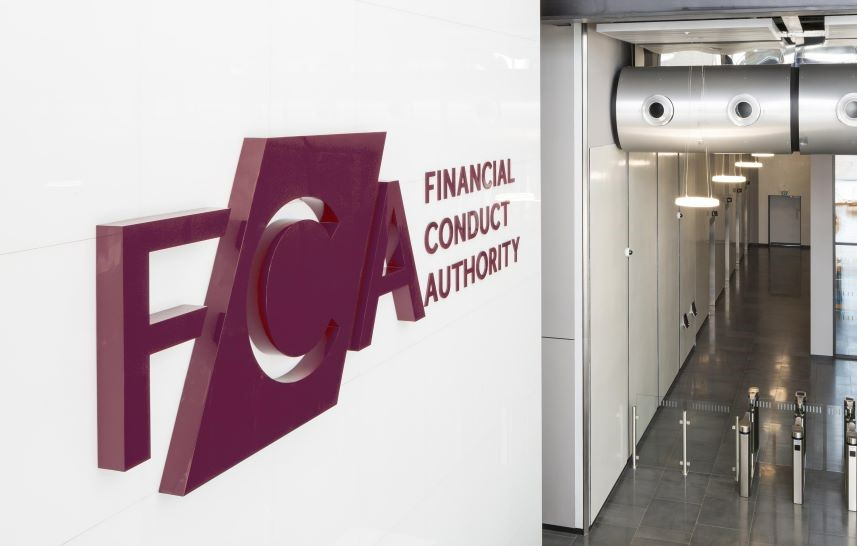Earlier this year a selection of smaller firms from across the regulated industry, including 175 advisers and intermediaries, found a questionnaire from the FCA in their inbox. The results are now available. The questionnaire asked about preparation for consumer duty – starting with the fairly fundamental ‘have you heard of the consumer duty before today?’.
The adviser sector has amongst the highest scores in terms of understanding their obligations and readiness for implementation. 100% of advisers have heard of the duty, 99% think they understand what it is and 96% understand how it applies to their organisation. The gold star for doing their homework goes, possibly unexpectedly, to CFD providers, who consistently have the top scores for understanding and preparation. It’s no great surprise that retail finance providers are amongst the least aware and prepared, as many of these firms’ main business is not financial services – they include, for example, dentists offering credit arrangements.
Digging around in the detail though, there is a small segment of advisers who may not understand what’s required, given some of their answers. For example, some advisers answered ‘not applicable’ to the question ‘have you identified the target market for each of your products and services?’. The foundation of the duty’s products and services outcome is to make sure that your products and services meet the characteristics and objectives of customers in your identified target market – so it’s very much applicable to everyone.
There’s also an understanding gap relating to vulnerability. Some advisers also answered ‘not applicable’ to ‘have you assessed the needs of consumers with characteristics of vulnerability?’. This suggests they believe their clients aren’t, and never will be, in vulnerable circumstances. A re-read of the FCA’s guidance in this area emphasises that everyone is at risk of becoming vulnerable either permanently or temporarily. Worryingly, 47% of debt advice firms haven’t even started to assess the vulnerability of their customers, which suggests they really haven’t got to grips with what the duty is designed to achieve.
As the deadline for implementation approaches 98% of advisers and intermediaries think they will comply with all or most of the requirements by the end of July. This is the highest score of any sector, and reflects the effort being put in. The primary source of information has been the FCA, but 56% of firms have used consultancy or external compliance companies – a statistic which comes as no surprise to those of us at the lang cat who have been reading, writing, talking and, in some cases singing, about consumer duty solidly for the last year.
After all that effort, fewer than half (44%) of advisers and intermediaries think the benefits to firms will outweigh the costs. 59% of motor finance providers, on the other hand, do think benefits will outweigh the costs (although many haven’t started yet, so may be in for somewhat of a surprise).
Overall the advice sector appears to be, somewhat grudgingly, ready for the end of July. But next time you’re at the dentist, you might want to ask how they’re getting on with their implementation plans. Maybe wait until the anaesthetic kicks in, though.
– Alison Gay, senior public affairs consultant





